PRINCETON, N.J., USA: Princeton University researchers have successfully tested a special kind of biosensor that could help to prevent disease by detecting even small amounts of harmful bacteria more quickly than conventional methods. Using a "tattoo" made from silk and gold and attached to a cow's tooth, they were able to successfully transmit a signal wirelessly to a nearby receiver.
With the method, developed in collaboration with the U.S. Air Force and the American Asthma Foundation, the researchers hope one day to be able to detect not only bacteria but also DNA or particular viruses. In lab tests conducted at Princeton's School of Engineering and Applied Science this year, they were already able to detect pathogens responsible for surgical infections and stomach ulcers, among others.
The signals are received from a gold antenna on the tattoo that is attached to an array of graphene — very small particles of carbon — that triggers a signal when in contact with bacteria through attached proteins called peptides. Therefore, the device does not require any power supply, the researchers said.
The sensor is held in place by a water-soluble silk base derived from insect cocoons. In this way, the researchers said, the sensor can be used on different kinds of biomaterials, like teeth or skin, and washed away or dissolved by body enzymes after use.
According to the researchers, there is still a long way to go before such a biosensor could be in regular use, since the sensor is still too large to fit on human teeth and its lifetime and transmission distance are short. They admitted, however, that a few modifications to the design of the sensor could increase its transmission distance in the future.
Most traditional biosensors are based on substrates like silicon, which makes them heavy and uncomfortable to wear.
PRINCETON, N.J., USA: Researchers have developed a prototype for a graphene-based nanosensor that is able to detect pathogens even at extremely low ...
Lots of companies like to talk about being responsive to customer needs. NSK, a global manufacturer of dental handpieces and other small-motor equipment, ...
NEW YORK, USA/LEIPZIG, Germany: Osseointegration remains one of the biggest challenges in implant dentistry. Scientists from the North Carolina ...
NEW YORK, US: Seeking to better characterise the inflammatory consequences of periodontal inflammation, researchers have recently developed two scores to ...
NEW YORK, USA: New findings using dinosaur teeth could help to explain how the reptiles were able to regulate their body temperature, researchers from the ...
BETHLEHEM, Pa., US: Aggressive forms of periodontitis associated with Aggregatibacter actinomycetemcomitans are often difficult to treat with traditional ...
PHILADELPHIA, Penn., US: A good oral hygiene routine requires manual dexterity and can be difficult for elderly people and people with disabilities. ...
CHICAGO, US: The American Dental Association (ADA) has issued updated recommendations on dental imaging, reinforcing that radiographs and CBCT scans should ...
ANAHEIM, Calif., US: Oral immunotherapy for peanut allergy entails giving people small amounts of peanuts over time to desensitise them to the legume, thus...
MEDFORD, Mass., US: Stress can present as a wide range of physical, emotional and social symptoms, such as irritability, headache, anxiety and elevated ...
Live webinar
Tue. 24 February 2026
1:00 PM EST (New York)
Prof. Dr. Markus B. Hürzeler
Live webinar
Tue. 24 February 2026
3:00 PM EST (New York)
Prof. Dr. Marcel A. Wainwright DDS, PhD
Live webinar
Wed. 25 February 2026
11:00 AM EST (New York)
Prof. Dr. Daniel Edelhoff
Live webinar
Wed. 25 February 2026
1:00 PM EST (New York)
Live webinar
Wed. 25 February 2026
8:00 PM EST (New York)
Live webinar
Tue. 3 March 2026
11:00 AM EST (New York)
Dr. Omar Lugo Cirujano Maxilofacial
Live webinar
Tue. 3 March 2026
8:00 PM EST (New York)
Dr. Vasiliki Maseli DDS, MS, EdM



 Austria / Österreich
Austria / Österreich
 Bosnia and Herzegovina / Босна и Херцеговина
Bosnia and Herzegovina / Босна и Херцеговина
 Bulgaria / България
Bulgaria / България
 Croatia / Hrvatska
Croatia / Hrvatska
 Czech Republic & Slovakia / Česká republika & Slovensko
Czech Republic & Slovakia / Česká republika & Slovensko
 France / France
France / France
 Germany / Deutschland
Germany / Deutschland
 Greece / ΕΛΛΑΔΑ
Greece / ΕΛΛΑΔΑ
 Hungary / Hungary
Hungary / Hungary
 Italy / Italia
Italy / Italia
 Netherlands / Nederland
Netherlands / Nederland
 Nordic / Nordic
Nordic / Nordic
 Poland / Polska
Poland / Polska
 Portugal / Portugal
Portugal / Portugal
 Romania & Moldova / România & Moldova
Romania & Moldova / România & Moldova
 Slovenia / Slovenija
Slovenia / Slovenija
 Serbia & Montenegro / Србија и Црна Гора
Serbia & Montenegro / Србија и Црна Гора
 Spain / España
Spain / España
 Switzerland / Schweiz
Switzerland / Schweiz
 Turkey / Türkiye
Turkey / Türkiye
 UK & Ireland / UK & Ireland
UK & Ireland / UK & Ireland
 International / International
International / International
 Brazil / Brasil
Brazil / Brasil
 Canada / Canada
Canada / Canada
 Latin America / Latinoamérica
Latin America / Latinoamérica
 China / 中国
China / 中国
 India / भारत गणराज्य
India / भारत गणराज्य
 Pakistan / Pākistān
Pakistan / Pākistān
 Vietnam / Việt Nam
Vietnam / Việt Nam
 ASEAN / ASEAN
ASEAN / ASEAN
 Israel / מְדִינַת יִשְׂרָאֵל
Israel / מְדִינַת יִשְׂרָאֵל
 Algeria, Morocco & Tunisia / الجزائر والمغرب وتونس
Algeria, Morocco & Tunisia / الجزائر والمغرب وتونس
 Middle East / Middle East
Middle East / Middle East



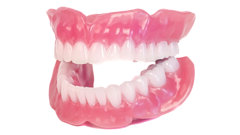
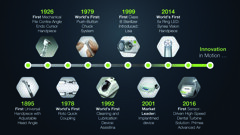






















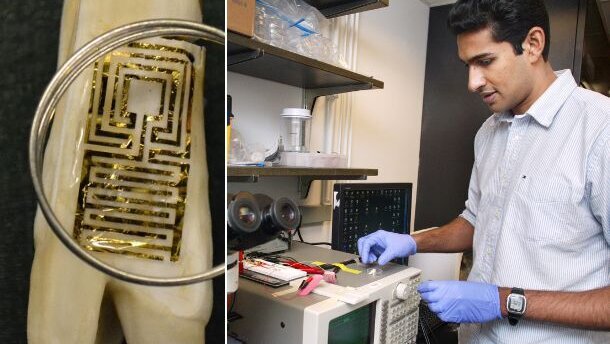



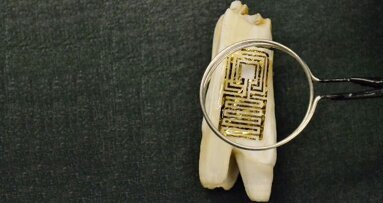
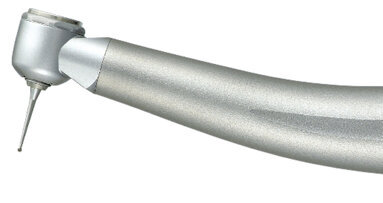
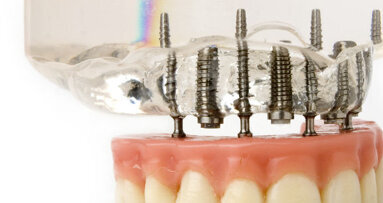

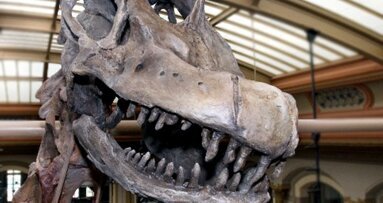
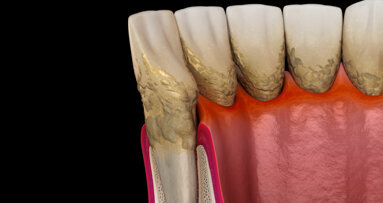

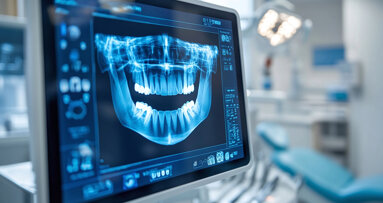


















To post a reply please login or register